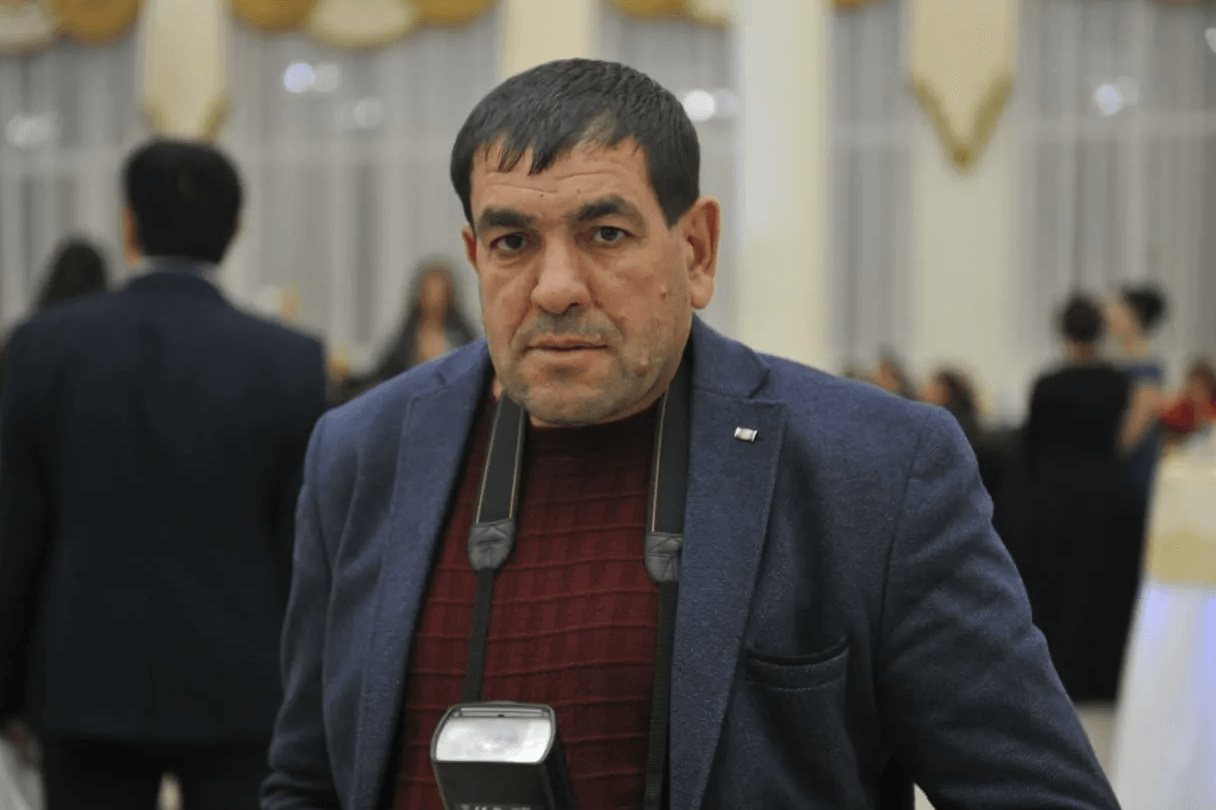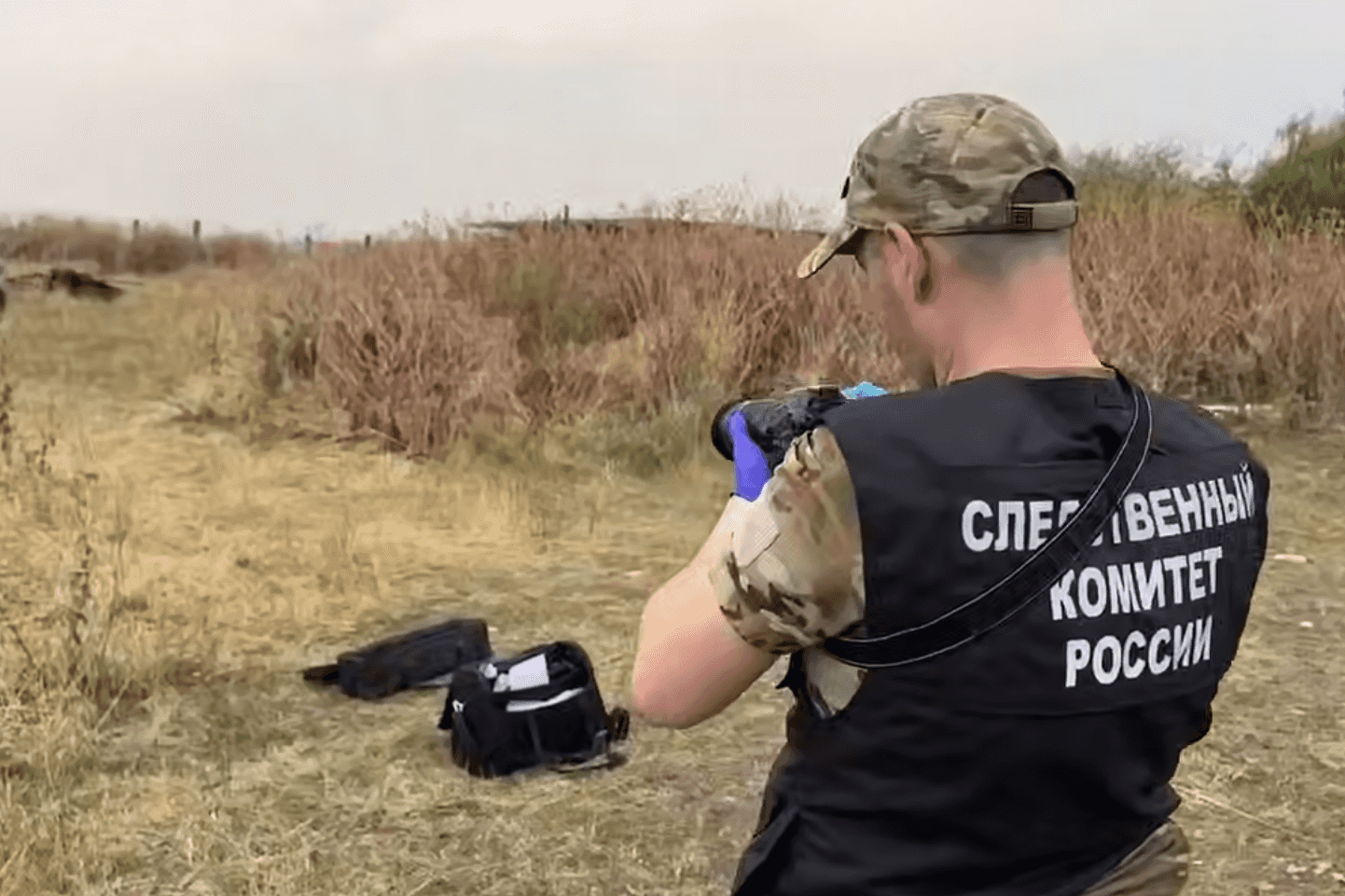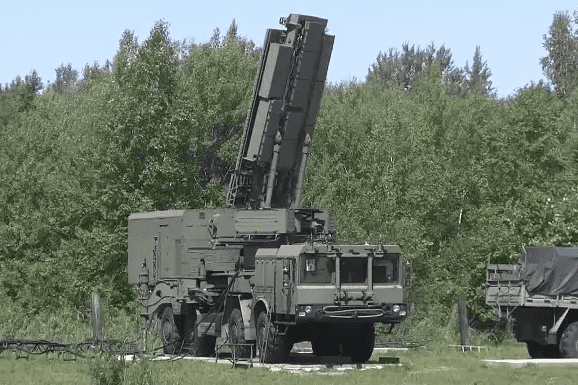
A court in Kabarda–Balkaria has fined local resident Shakarbai Pashshaliev for posting a video in his WhatsApp status that, according to law enforcement, contained the word ‘war’. The decision came despite the fact that Pashshaliev has a hearing and speech disability, leaving him physically unable to hear the video’s audio track.
The decision by the Prokhladny City Court was published in the judicial acts database and reported by the Russian independent outlet Mozhem Ob’yasnit.
According to the ruling, Pashshaliev was found guilty of discrediting the Russian Armed Forces. The hearing established that he had received the video from an acquaintance and set it as his WhatsApp status. Through a sign language interpreter, Pashshaliev explained that he did not hear — and could not have heard — the audio track, as he has been deaf and mute since childhood, and that he did not believe the video could be interpreted as discrediting the army.
In court, Pashshaliev stated that he had a positive view of the actions of Russian forces in the so-called ‘special military operation’, the Russian term for its full-scale invasion of Ukraine, and of the government’s policy, adding that he had not been pressured by police officers. Pashshaliev said that he removed the video as soon as he became aware of the complaint.
The court decision did not describe the video’s full content nor provide a transcript of the spoken text, but stated that the clip contained ‘negative comments’ about the actions of Russian troops and the word ‘war’. Judge Farida Shabatukova, citing a Russian dictionary, provided the definition of the term ‘war’ and compared it to the concept of a ‘military operation’, highlighting what she considered differences in their aims.
‘According to Ozhegov’s explanatory dictionary, “war” is an armed struggle between states or peoples, or between classes within a state, whereas a “military operation” is coordinated military action united by a single goal to resolve operational or strategic tasks. Thus, a military operation differs from war in its objectives’, Shabatukova said.
The ruling also stated that neither Russia nor Ukraine has ‘officially recognised a state of war’, and that the ongoing ‘military operation’ is aimed at ‘maintaining international peace and security’, defending Russia’s interests, and ‘demilitarising Ukraine’.
Taking into account Pashshaliev’s disability and positive character references, the judge imposed a fine of ₽15,000 ($190), although the relevant administrative article stipulates fines of between ₽30,000 ($380) and ₽50,000 ($630).
The word ‘war’ in the context of Russia’s full-scale invasion of Ukraine is regularly used by Russian officials. In May, Russian President Vladimir Putin told the state news agency TASS: ‘Right now, there are hostilities, a war, and we are proposing to resume negotiations, which were not interrupted by us’. As recently as Monday, state TV presenter Vladimir Solovyov said on the Rossiya 1 channel: ‘So, is there really a war going on somewhere? Yes, there is. And it’s a terrible war’.
The article on discrediting the Russian Armed Forces was introduced in March 2022, shortly after Russia launched its full-scale invasion of Ukraine. It establishes administrative liability for ‘public actions aimed at discrediting the use of the Armed Forces of the Russian Federation’.
A repeat offence within a year can result in criminal charges, punishable by up to five years in prison.
According to the Russian independent human rights project OVD-Info, as of August 2025, more than 11,000 people in Russia have been prosecuted under this administrative article. In some cases, courts have issued penalties for actions that did not contain calls to action or political advocacy, including posts without commentary, quotations, and reposts of existing materials.










